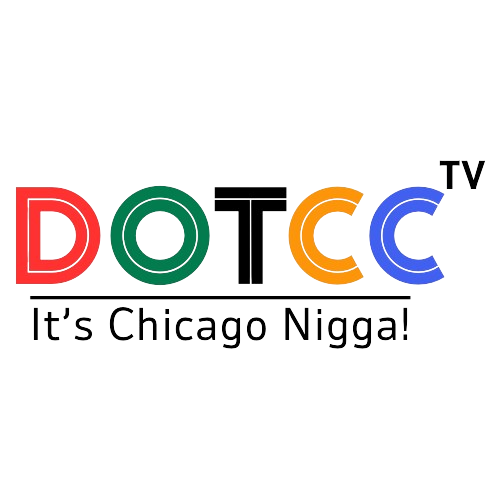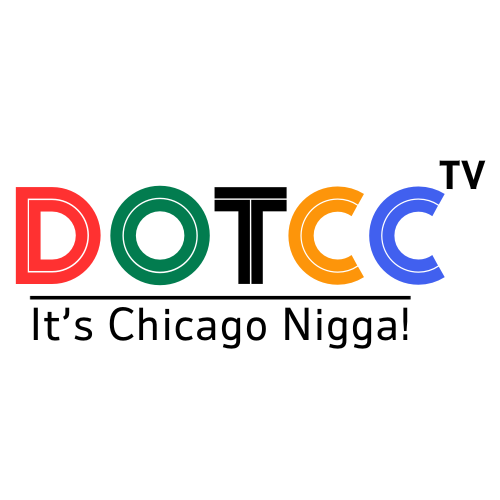The NCAA board of governors and several other energy conferences have scheduled conferences for subsequent week to vote on a proposed settlement of antitrust lawsuits that may reset the framework for the enterprise of main school sports activities.
Whereas sources point out broad assist for shifting ahead with the industry-shifting settlement, athletic division and college directors are additionally anxious about how efficient the negotiated phrases will likely be in making a secure system. With formal selections simply days away, the chief concern of an {industry} on the precipice of a historic step is an easy one: Will these settlements really settle the school sports activities panorama?
To settle the looming Home v. NCAA lawsuit in addition to at the very least two different main federal antitrust claims, a number of sources say the NCAA would pay greater than $2.7 billion in damages to previous athletes over the following decade. Energy conferences would comply with a future system for colleges straight sharing income with athletes, a permissive selection that is projected to be within the neighborhood of $20 million per 12 months for every college.
The settlement looms as a quintessential conflicted school sports activities second — a daring step with an undercurrent of uncertainty and the brand new spine of a multibillion-dollar {industry} that can forge forward with out key particulars decided.
Sources instructed ESPN it will take a minimal of six months, and sure longer, to hash out the unsettled particulars. Income sharing with gamers isn’t anticipated to start till fall 2025 on the earliest.
“It isn’t unusual that as a way to get one thing throughout the end line, it’s important to agree to depart a complete lot of issues unresolved,” an {industry} supply mentioned. “I believe the settlement is an efficient factor, however there are implementation points which can be actually important.”
The listing of lingering uncertainties is an extended one, together with Title IX ambiguity, lack of route on income sharing, the long run function of booster collectives and the potential for rosters to be radically reshaped.
On the high of the listing of these important query marks is a priority that the phrases of the settlement will not be enough to fend off future authorized claims that the NCAA and its colleges are violating the legislation by inserting any caps on the way in which colleges can compensate gamers.
Steve Berman, co-lead counsel for the plaintiffs within the Home case, mentioned he believes he has devised a mechanism to unravel this situation. Berman has proposed that future athletes — not half of the present class motion lawsuit — can be added to the category on an annual foundation. They’d obtain a possibility to decide out of the category or object to the phrases of the settlement.
This plan wouldn’t give the NCAA authorized safety from future antitrust lawsuits, however it will make it a lot tougher to create a big class of athletes suing the NCAA or its colleges sooner or later. The potential monetary damages for a case with one or few athletes as plaintiffs can be a lot smaller, and it will be a lot much less interesting for a future lawyer to dedicate the time and sources to preventing a case that might take years to succeed in a conclusion.
“What plaintiff lawyer would take that case on behalf of 1 scholar?” Berman instructed ESPN. “It is unlikely [a future student would sue] as a result of these college students are going to get some huge cash, and that lawyer must problem an permitted settlement settlement.”
Directors are proper to be cautious about Berman’s proposal, says Marc Edelman, a sports activities antitrust skilled and legislation professor at Baruch Faculty’s Zicklin Faculty of Enterprise.
Each Edelman and Berman in contrast the proposed answer to how the NFL dealt with a labor dispute within the early Nineteen Nineties in a case referred to as White v. NFL. Edelman, nevertheless, mentioned a key distinction in that case is the NFL gamers agreed to recertify a beforehand present gamers union as a part of the settlement. Negotiating income share phrases with a gamers’ union — which doesn’t at the moment exist in school sports activities — supplied the NFL with safety from antitrust claims.
Edelman mentioned it is doable a decide wouldn’t approve a settlement that deliberately creates excessive obstacles for future athletes to file lawsuits.
“If I have been a decide, there are facets of this settlement the way in which that it has been reported that may be very regarding,” Edelman mentioned. “…It could make a decide really feel that this case shifting ahead does little if something to obviate considerations about collusive conduct.”
Berman disagreed, saying the phrases are honest to athletes as a result of they’ll decide out of the settlement.
Along with lawsuits introduced by plaintiff attorneys, the NCAA can also be at the moment being sued by a number of state-elected attorneys normal. Settling the Home case wouldn’t remove these threats, that are much less depending on offering legal professionals with a monetary incentive to pursue motion in opposition to the NCAA.
Some school sports activities leaders say they’re hoping a settlement that features important income sharing cash sooner or later will likely be sufficient of a present of excellent religion that Congress will present them with an additional layer of antitrust safety as a way to protect elements of the school sports activities system. The NCAA and its conferences have been lobbying on Capitol Hill for a invoice that may remove the specter of future lawsuits — together with people who come from state attorneys normal — for a number of years with out making a lot progress.
A number of sources — each within the Home and Senate and on both aspect of the political aisle — have instructed ESPN within the final week {that a} settlement this 12 months is unlikely to spur any rapid motion from Congress.
“We’ve got to see what these particulars are,” mentioned Rep. Lori Trahan (D-Mass.), who has launched a number of payments associated to school sports activities within the final two years. “I am skeptical, notably in an election 12 months, it is simply not the very best precedence proper now.”
Trahan — a former school volleyball participant — mentioned she can also be skeptical of the motives of school sports activities officers who’ve instructed her they need an antitrust exemption to guard alternatives for ladies’s sports activities. She mentioned after receiving these visits, she and her workers typically test to see if the college is at the moment compliant with Title IX legal guidelines that require equal alternatives in sports activities for women and men. She mentioned she finds they aren’t complying with the legislation “quite a bit, greater than I care to confess.”
Faculty sports activities leaders are additionally unsure about how Title IX guidelines may apply to the long run income sharing {dollars}. The phrases of the Home settlement don’t embody any element about how colleges can be required to divide that cash, in line with a number of sources. The NCAA and its leaders is not going to have clear solutions on their Title IX obligations earlier than voting on the proposed phrases of a settlement subsequent week.
And as soon as the settlement is permitted, it seems to arrange a panorama that is still unsettled.



:max_bytes(150000):strip_icc()/beef_stroganoff_072_0-1-14b979e7e0e943e0bea96ca93d54ef06.jpg)